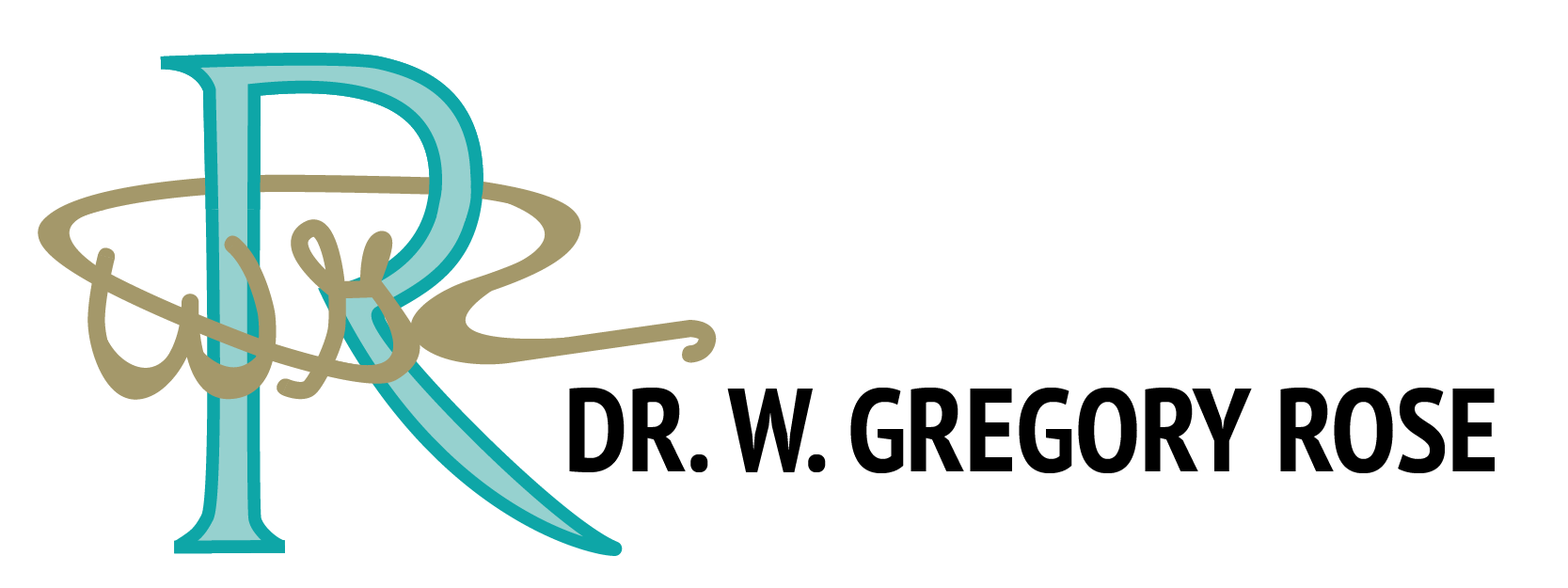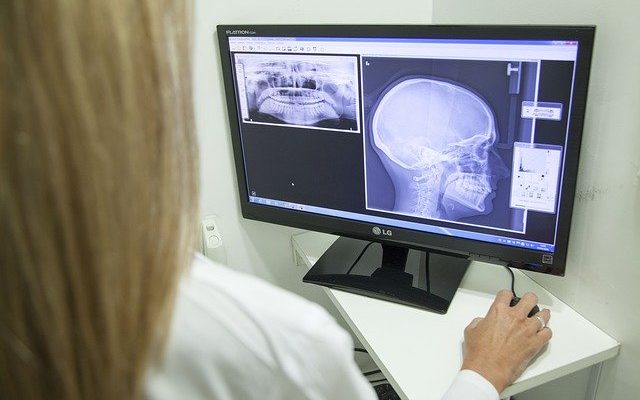Toothaches and jaw pain are common, but their sources can be very different. The temporomandibular joint (TMJ) acts like a sliding hinge, connecting your jawbone to your skull. You have one joint on each side of your jaw. TMJ disorders cause pain in your jaw joint and in the muscles that control jaw movement. If you have persistent pain or tenderness in your jaw, or if you can’t open or close your jaw completely, seek the help of your dentist in Albuquerque NM. Did you know 15% of untreated TMJ sufferers will develop a chronic TMJ Disorder? So, Contact the right dentist Albuquerque NM at the right time!
Signs and Symptoms of TMJ Disorders
TMJ disorders cause a clicking sound or grating sensation when you open your mouth or chew. But if there’s no pain or limitation of movement associated with your jaw clicking, you probably don’t need treatment for a TMJ disorder. In case, if you have these signs and symptoms of TMJ disorders that are listed below, it is essential to contact your TMJ specialist in Albuquerque NM. Your dentist will examine you and discuss the treatments for your problem and proceed accordingly.
Signs and symptoms of TMJ disorders include,
- Locking of the joint, making it difficult to open or close your mouth
- Aching facial pain
- Difficulty chewing or pain while chewing
- Aching pain in and around your ear
- Pain in one or both of the temporomandibular joints
- Pain or tenderness of your jaw
- Bony growths under the tongue
- Sensitivity
- Sleep disorders
- Migraines
- Teeth grinding, and more
If you ignore the treatment, it even causes some other dental problems,
They are,
- The joint is damaged by a blow or other impact
- Connective tissue diseases that affect your temporomandibular joint
- The joint’s cartilage is damaged by arthritis
- The disk erodes or moves out of its proper alignment
- Cause injury to the head, neck, jaw or joint
Note: The cause of TMJ disorders isn’t clear.
The Bottom Line
The temporomandibular joint (TMJ) is one of the most heavily utilized and underappreciated joints in the human body. Mechanically, the TMJ is what allows you to open and close your mouth, and to a lesser extent, extend and move your jaw from side to side. Functionally, it facilitates eating, talking, and facial expressions. If you suffer from TMJ pain and live in the Albuquerque NM area, give us a call and set up an appointment with W. Gregory Rose DDS, PA, and the best dentist in Albuquerque. His experience has provided welcome relief for many of our patients, allowing them to lead more comfortable lives.



